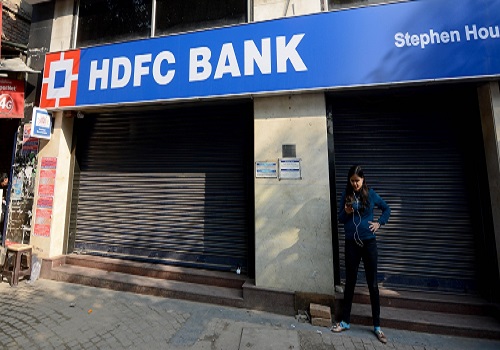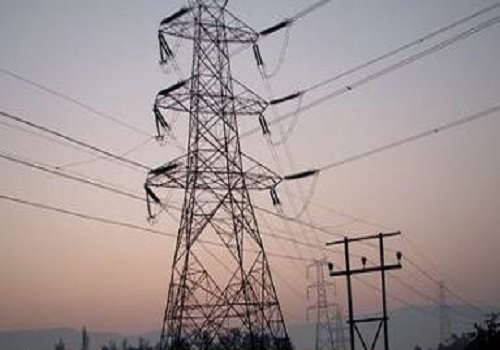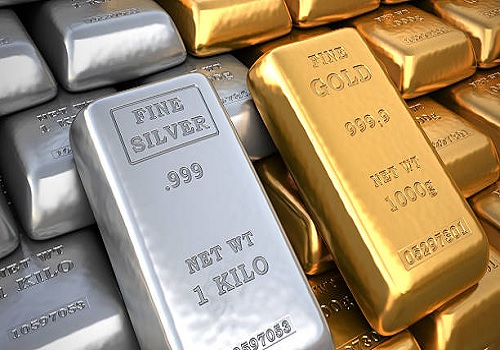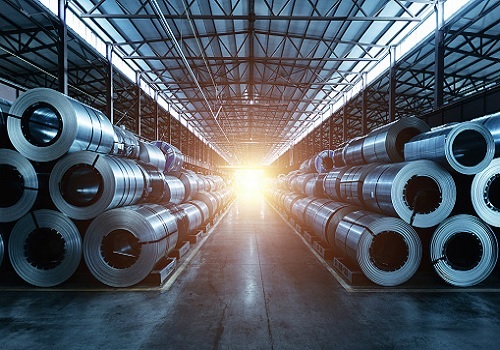Views On 2021-2022 Pre-Budget Expectations, Commodities by Sugandha Sachdeva, Religare Broking

Follow us Now on Telegram ! Get daily 10 - 12 important updates on Business, Finance and Investment. Join our Telegram Channel
https://t.me/InvestmentGuruIndiacom
Download Telegram App before Joining the Channel
Below are Views On 2021-2022 Pre-Budget Expectations, Commodities by Sugandha Sachdeva, Religare Broking
2021-22 Pre-Budget Expectations: Commodities
The financial year 2020-21 has been a tough one for the country amid the Covid-19 induced turmoil. The Indian economy witnessed serious damage with an unprecedented 23.9 percent year-on-year contraction in the April-June quarter, as economic activities came to a halt in this period amid nationwide lockdown. However, the economy was seen recovering since the second quarter of FY2021 amid easing restrictions along with festive season demand, but a lot still needs to be done to support the nascent recovery.
The government has a vision for the country to become self-reliant while promoting domestic industries and generating new employment opportunities. To match the blueprint, a solid framework is required through policies that could encourage the overall growth of the nation.
The expectations are high from the Union Budget and the government is expected to come out with big-ticket reforms to revive the economy and accelerate employment. From the financial markets’ perspective, participants are expecting some relief with regards to LTCG taxes, capital market reforms and policies that could boost business sentiments and get the economy back on the growth path. Union Budget 2021-22 will be presented on Feb 01, 2021.
As metals and energy sector remains a crucial part of our economy, so here we roll out our coverage on expectations of these sectors from the budget.
Key areas of concern for the commodity markets
Commodity futures exchanges serve a vital role in the economy by helping in efficient price discovery mechanism and risk management. Currently, transactions in the exchange-traded commodity market are quite costly in India as a tax of 0.01% is levied on the commodity derivatives, accounting for around 54% of the total transaction cost, apart from other taxes.
* Market participants in the commodity futures market have repeated their demand for a rebate on the commodities transaction tax to reduce costs and make commodity trade more attractive and internationally competitive.
* Reduction in CTT will lead to better price discovery and encourage firms to hedge their risks in India instead of abroad. It would enhance liquidity and promote hedgers’ participation that would result in more depth and transparency in the system. It will also lead to large revenue gain for the government due to increase in market volumes, create jobs in the financial sector, and bring back volumes shifted to the overseas countries.
2021-22 Pre-Budget Expectations: Commodities
Introduction of New Products
* Commodity futures markets are regulated by the SEBI, but spot commodities are still regulated by the respective states. For the purpose of trading in commodity futures and options, these regulations should be standardized. Secondly, cross margining between spot and futures market should be allowed.
* Though options have been launched on commodity futures, still a lot of initiatives need to be taken to increase the depth in commodity markets. Markets are expecting introduction of ETFs on commodity indices that may enhance volumes and gradually pave the way for active participation by banks and institutional investors in the commodity markets.
Expectations for Precious metals sector
India is one of the largest markets for gold with an annual consumption of around 700 tonnes. India's gold demand in 2020 is expected to have fallen to the lowest level in 26 years as a surge in prices and the coronavirus crisis weighed on demand. Indian bullion industry has the following expectations from the budget:
* The industry expects a reduction in the import duty on gold in the forthcoming budget. The duty cut on gold has been sought to push exports and manufacturing of the gems and jewelry sector while curbing the illegal gold trade which affects the government’s revenue.
* Pre-GST, the taxes on gold were 1 percent service tax and 1 percent VAT, amounting to 2 percent. The total levy on gold currently is at 15.5 per cent12.5 percent import duty and 3 percent GST. Gold has become expensive post the introduction of GST. Industry wishes to bring down the total levy on gold to 7 percent including import duty and GST. Reduction in duty on gold may lead to commensurate decline in prices of gold in the short term, but lower prices will encourage buying interest in the precious metal and boost trading volumes.
2021-22 Pre-Budget Expectations: Commodities
Expectations for Energy sector
India is the third-largest crude oil consumer in the world after China and the US. India's import dependency on crude oil reached record highs at 85 percent during the April-December period in 2019. Prime Minister Narendra Modi had set a target for the government to reduce the country’s crude oil import dependence by 10 percent by 2022. He had also shared a vision for a gas-based economy and raising the share of the environment-friendly fuel to 15 percent by 2030, from the existing 6.20 percent in India’s energy basket. Reforms in this sector have a direct impact on all sectors. Indian oil & gas industry wishes the following from the Budget 2021-22:
* Industry seeks a downward revision in cess on crude oil production, from the current level which may help upstream companies to improve their earnings in a higher crude oil price regime.
* Additionally, one of the prominent demands of the upstream industry has been the exemption of exploration activity from the levy of GST. Also, the industry wants the levy of service tax removed from cost petroleum, profit petroleum, and royalty -as the same are not payments against any service and, therefore, not subject to service tax.
* Industry wishes to bring natural gas under the ambit of Goods and Services Tax. If the natural gas is included in the GST, it will have a positive impact on gas-based industries, promote usage of the clean fuel and avoid stranding of taxes in the hands of gas producers/suppliers. To promote the use of natural gas as fuel, Liquified Natural Gas (LNG) imports should be exempt from customs duty as crude attracts nil duty while LNG attracts 2.5% duty.
* The renewable energy industry requests long-term financial support and better clarity on tariff and non-tariff concessions.
2021-22 Pre-Budget Expectations: Commodities
Expectations for Base metals sector
The metals & mining sector remains a high priority for the government, considering its importance for infrastructure development and to provide sustenance to the domestic metal & mining industry amid a challenging global economic environment. The Indian metal industry is hoping for the following relief measures from the government:
* The aluminium industry seeks from the government to increase the basic custom duty on primary aluminium and aluminium scrap to 10 percent, eliminate the cess on coal among others as the sector is going through a challenging phase and under immense threat by rising imports.
* The Indian steel industry has sought a reduction in basic customs duty on key raw materials like anthracite coal, metallurgical coke, coking coal, and graphite electrode in the upcoming budget. The non-availability of these items in good quality and quantity hinders the growth of the steel industry.
* Industry has urged the government to remove import duty on ferro-nickel and stainless steel scrap. Currently, ferro-nickel and stainless steel scrap attract basic customs duty of 2.5 percent. At present, both the raw materials are unavailable in the country, making their import mandatory.
* Given the Centre’s focus on its Atmanirbhar Bharat mission, infrastructure development can be vital in moving steadily towards achieving this goal. Higher budget allocation towards building roads and highways could be expected, which has a multiplier effect on the country’s economic growth and needs to be back on track. Higher allocation towards infrastructure development will be positive for the metals demand outlook.
To Read Complete Report & Disclaimer Click Here
Please refer disclaimer http://ex.religareonline.com/disclaimer
SEBI Registration number is INZ000174330
Above views are of the author and not of the website kindly read disclaimer





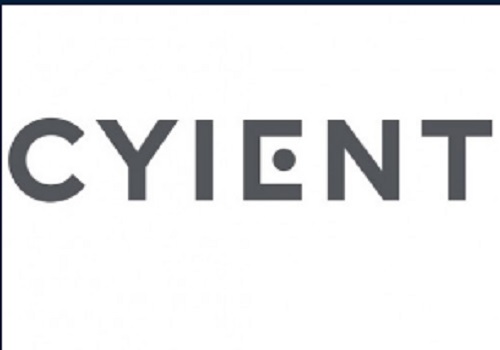
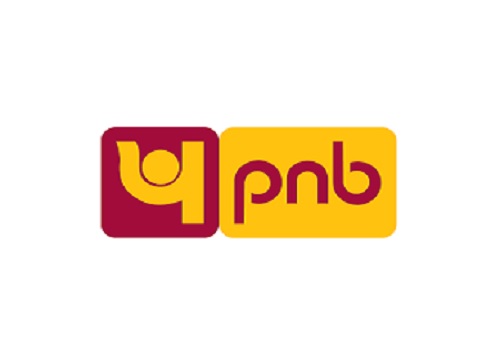



Tag News
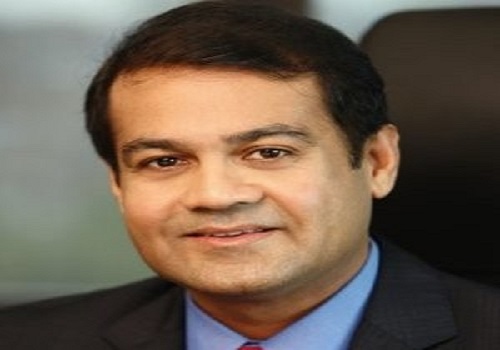
We anticipate immense potential benefits from the upcoming Sovereign Gold Bond Tranche in FY...


